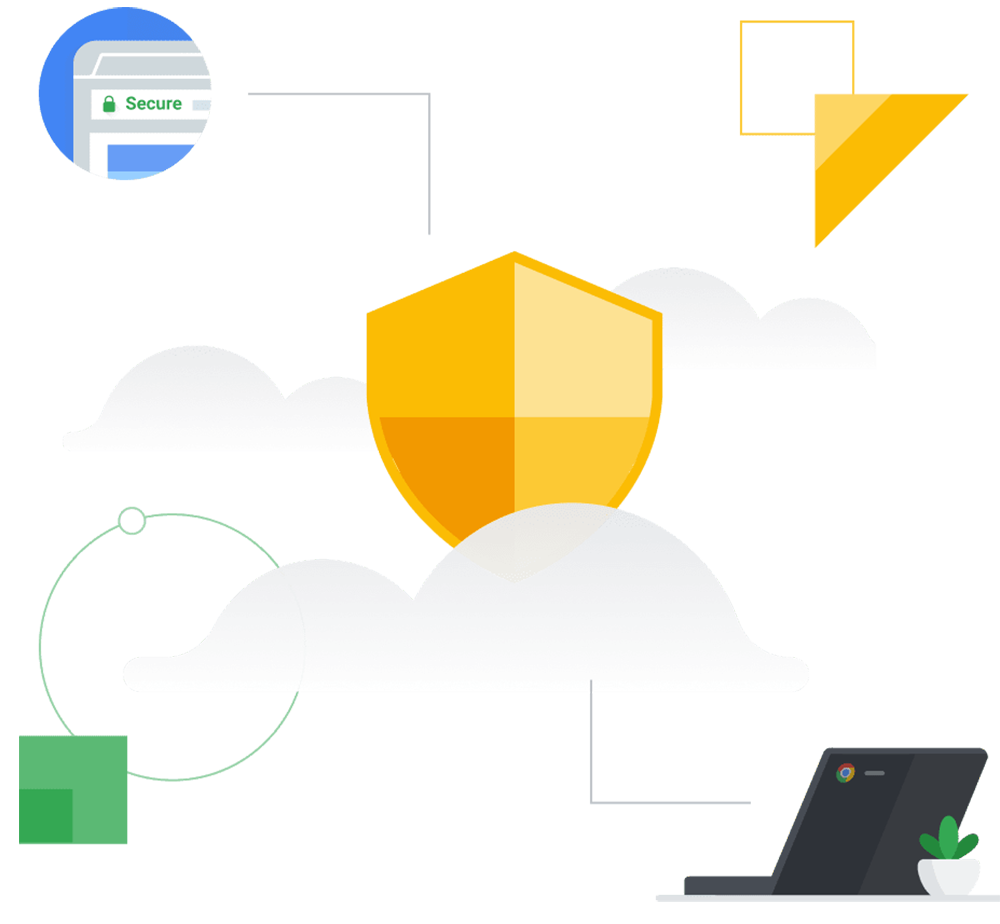Introduction
After switching to Google Workspace and Chrome in 2017, Viessmann also introduced Chromebooks last year. By 2022, the company wants to ramp up to 3,000 Chrome devices.
About Viessmann
Viessmann creates living spaces and protects the climate with heating, cooling and ventilation technology.
The Challenge
In 2019, we were well into our transition to the cloud. All of our 12,300 employees in Allendorf, our headquarters in Germany, and 74 other countries were able to work in Google Workspace and the Chrome browser on the device of their choice.
Then we decided to give them even more flexibility, and last year began gradually replacing our old hardware with HP Chromebooks. We are more independent with Chromebooks than with thin clients. You can work from anywhere, even in a home office. This is enormously important, especially now during the pandemic.
The Solution
After switching to Google Workspace, we soon discovered that the thin-client environment doesn’t always allow us to establish new forms of collaboration and communication with our colleagues. But over time, more and more applications that we need for our daily work have been moved to the browser.
In some cases, for example with our SAP client, we use Citrix. This means that our employees are no longer tied to specific software or networks. This saves us hardware costs and the IT department has less administrative work, and you don’t necessarily have to be sitting at a desk in the office to work efficiently. Chromebooks are a great way to implement this strategy across the enterprise.
We have already launched about 800 HP Chromebooks in Germany and 200 in other countries. More than 3,000 Chromebooks are expected to be in use across the company by 2022.
User-friendly
Our employees appreciate the user-friendly Chromebooks. They boot in seconds and are far superior to other notebooks in terms of battery life.
With my Chromebook, I complete a 10-hour day including video conferencing. With any other device, I would have to go in search of a power outlet during my lunch break at the latest. Also, users on Chromebooks need to set fewer settings. This, of course, reduces the risk of selecting the wrong option.
Our Workplace Technology team has registered the first Chromebooks in Chrome Enterprise upgrade with support from our Google partner, PCG. We discussed the necessary policies and set them in the admin console. That’s it – we haven’t had to change anything since. Signing up on Chromebooks is also straightforward. Our employees use their Google credentials, even for Citrix or the virtual private network.
Chromebooks are also much easier to maintain than other operating systems. We no longer have to worry about installing, patching and updating antivirus programs ourselves. This all works automatically in Chrome OS. In Chrome Enterprise, we can efficiently manage our Chromebooks with less effort.

Results and Benefits
At the beginning of the pandemic, thanks to our new way of working, we were able to switch employees to working from home in just one weekend. We did not have to set up a complicated technical infrastructure for this. Employees were well equipped with Google Workspace, Chrome, and their Chromebooks. Our only task was to create helpful training resources for the new tools. A few years ago, it would have taken much longer to equip our employees with remote access.
Thanks to Chrome Enterprise, we’ve been able to offer them a whole new level of flexibility for a year now. They don’t have to worry about which network to access and how. You can log in on any Chromebook. The maintenance of software and hardware is no longer as time-consuming for the Workplace Technology team as it used to be. And even as our employees around the world move back into their offices soon, we’ll continue to benefit from this new way of working with Chrome at its core.
(A detailed case study on Viessmann and Google Cloud can be found here: Viessmann: Building a smart business to deliver smart homes).
About PCG
Public Cloud Group (PCG) supports companies in their digital transformation through the use of public cloud solutions.
With a product portfolio designed to accompany organisations of all sizes in their cloud journey and competence that is a synonym for highly qualified staff that clients and partners like to work with, PCG is positioned as a reliable and trustworthy partner for the hyperscalers, relevant and with repeatedly validated competence and credibility.
We have the highest partnership status with the three relevant hyperscalers: Amazon Web Services (AWS), Google, and Microsoft. As experienced providers, we advise our customers independently with cloud implementation, application development, and managed services.